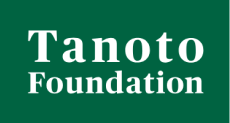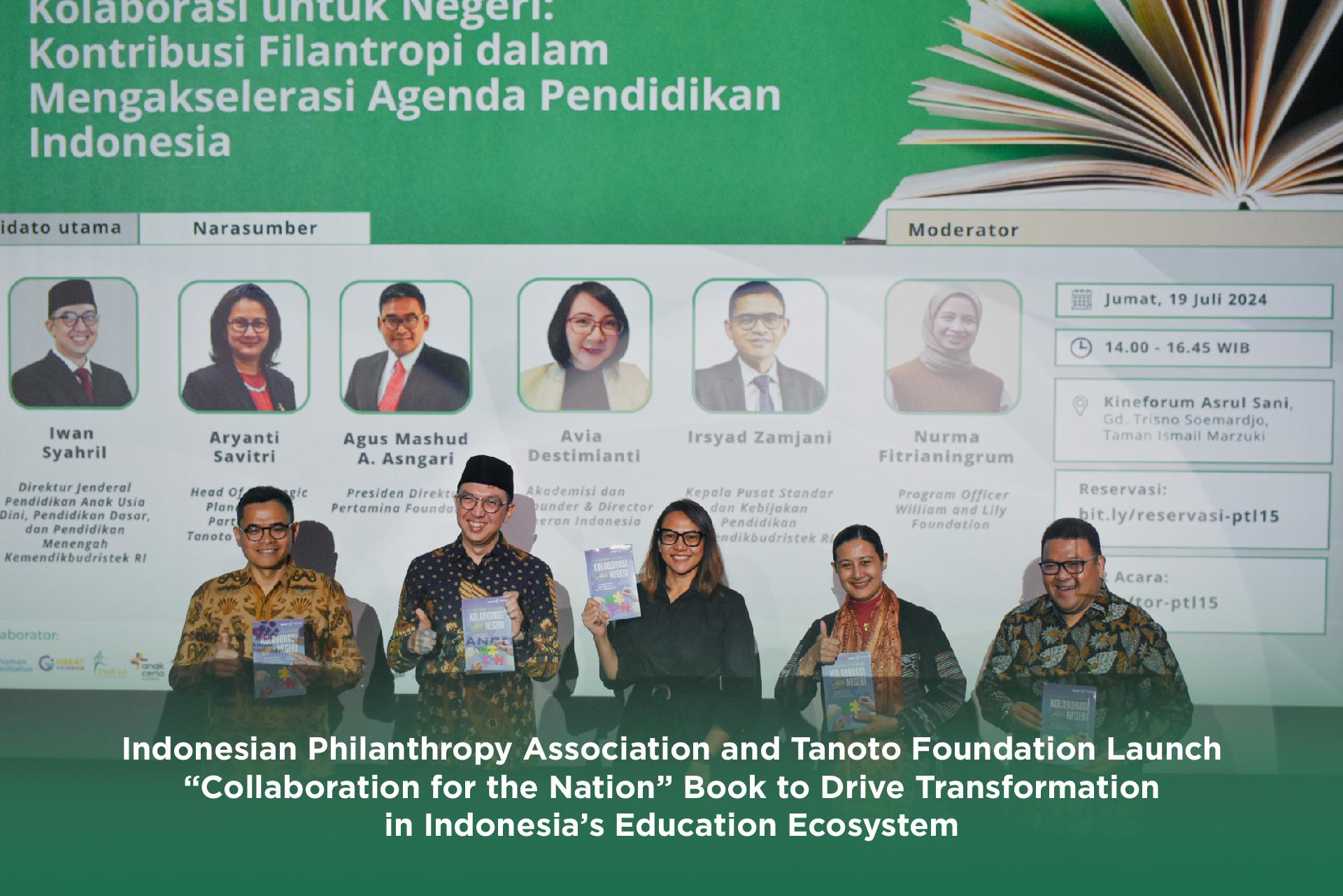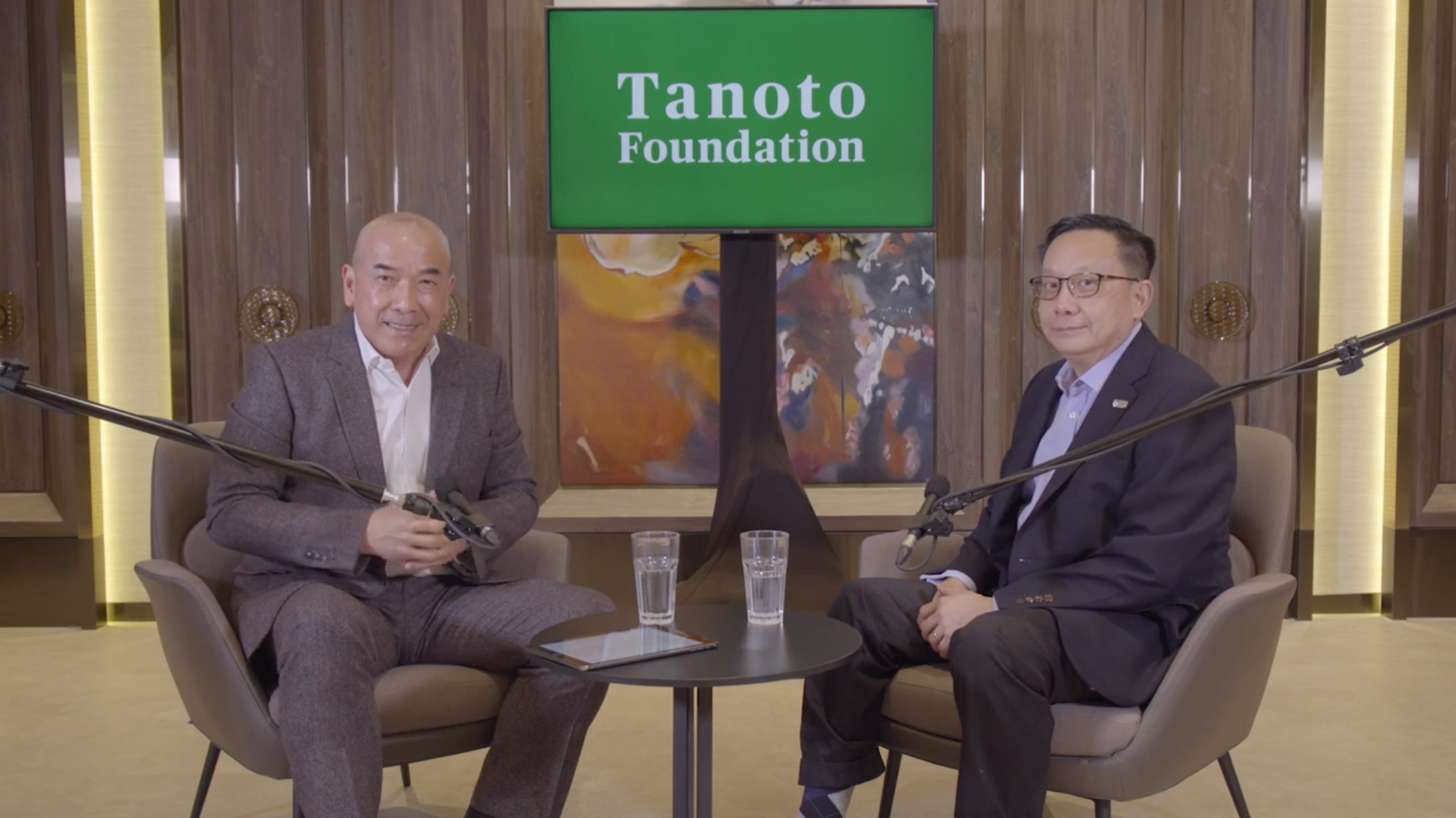Singapore, 26 July 2024 – The Indonesian Philanthropy Association (PFI), together with Tanoto Foundation and the Education Philanthropy Cluster, hosted the launch of the book “Collaboration for the Nation: Philanthropy’s Contribution to Accelerating Indonesia’s Education Agenda” during the 15th Philanthropy Thought Leaders (PTL) event. The launch took place at Trisno Soemardjo Hall, Taman Ismail Marzuki, Jakarta, on 19 July 2024.
This event aimed to highlight the contributions and best practices of philanthropy in supporting the national education agenda to a broader audience of stakeholders. It marked the culmination of the Education Philanthropy Cluster’s campaign, #PhilanthropyforEducation, which seeks to inspire and engage stakeholders and the public in building a Golden Generation through quality education.
In his keynote speech at the 15th PTL event, Dr. Iwan Syahril, Ph.D., Director General of Early Childhood Education, Primary Education, and Secondary Education at the Ministry of Education, Culture, Research, and Technology (MoECRT), expressed immense appreciation for the book. Initiated by the Indonesian Philanthropy Association, Tanoto Foundation and the Education Philanthropy Cluster, the book embodies the spirit of collaboration and synergy among philanthropic institutions to improve and transform education in Indonesia.
“This book provides an important overview of the current state of education in Indonesia, the efforts of philanthropic institutions to uphold the spirit of educational advocacy with justice and equality, opportunities for educational improvement through the Merdeka Belajar movement, and how philanthropic institutions collectively support national education programs,” said Iwan. He believes that the book can serve as a crucial reference for both central and local governments in developing strategic national work agendas to improve Indonesia’s education system.
At the same event, Gusman Yahya, Executive Director PFI, highlighted in his remarks that education plays a key role in forming the foundation of sustainable development, individual well-being, and the progress of a nation. Therefore, investing in education is considered essential for achieving sustainable development and improving societal welfare.
“Philanthropy, involving contributions from civil society and the private sector, can play a vital role in supporting government efforts. Philanthropy makes significant contributions to addressing challenges in the education sector, helping to advance a more inclusive, innovative, and sustainable education system,” said Gusman.
Gusman emphasised the need to strengthen the principle of collaboration involving all actors, including philanthropy. The flexibility of philanthropic institutions to co-create and collaborate on collective actions with fellow philanthropic institutions and public entities can accelerate and support national strategic goals.
“We hope this work can inspire all parties to engage in deeper interventions on educational issues or for philanthropic institutions looking to start activities in the education sector in Indonesia,” concluded Gusman.
One of the speakers at the 15th PTL event, Aryanti Savitri, Head of Strategic Planning and Partnership at Tanoto Foundation, stated that education is key to improving future lives. Therefore, Tanoto Foundation, an independent philanthropic organisation founded by Sukanto Tanoto and Tinah Bingei Tanoto, focuses on helping Indonesians access quality education.
“We believe that every person deserves the opportunity to reach their full potential. Through our programmes, partnerships, and as a catalyst for others, we strive to enhance the quality of education and improve people’s living standards. Our mission is to develop individual potential and improve living standards through transformative quality education,” said Santi.
Santi reiterated that quality education is not only the government’s responsibility but also requires the involvement of the private sector, including corporations, NGOs and philanthropic institutions. Strong public-private partnerships in addressing various aspects of the education sector can accelerate the improvement and equity of education quality in Indonesia.
The 15th PTL event also featured expert speakers in the field of education, including Dini Dwi Kusumaningrum, Writer and Researcher at the National Research and Innovation Agency’s Population Research Center; Agus Mashud A. Asngari, President Director of Pertamina Foundation; Avia Destimianti, Academic and Co-Founder & Director of Beneran Indonesia; and Irsyad Zamjani, Ph.D., Head of the Centre for Education Standards and Policies at the Ministry of Education, Culture, Research, and Technology. The discussion was moderated by Nurma Fitrianingrum, Programme Officer at William and Lily Foundation.




